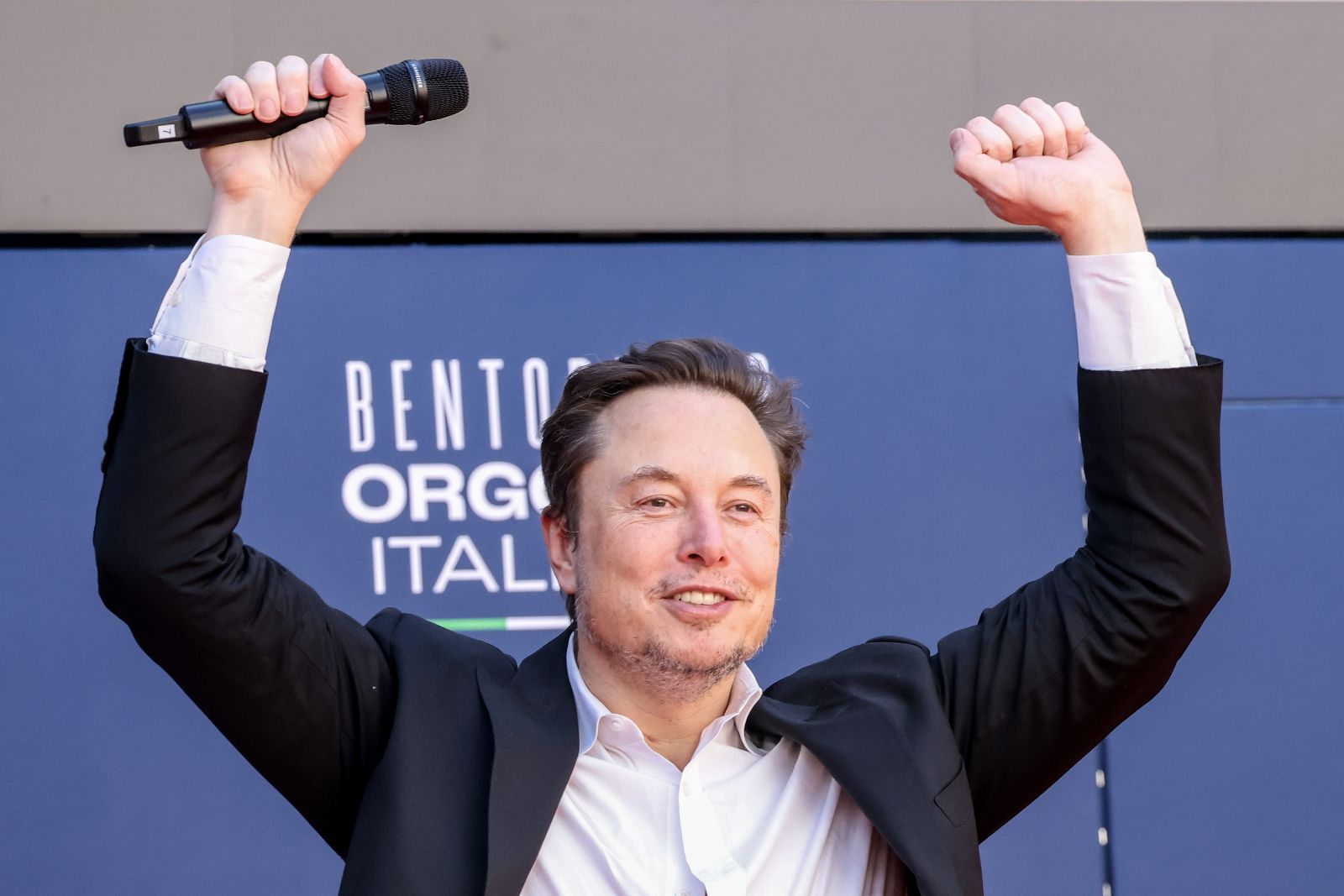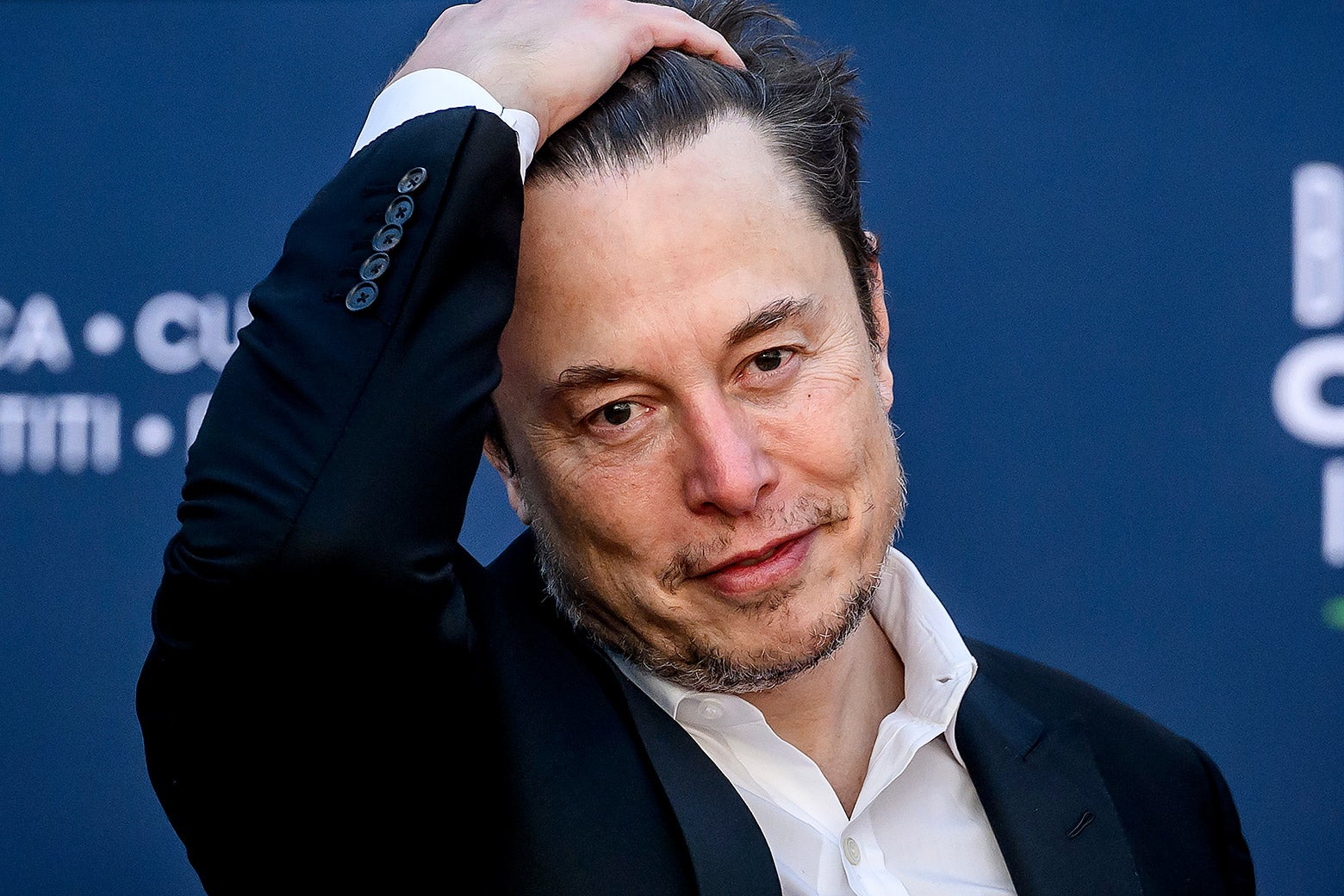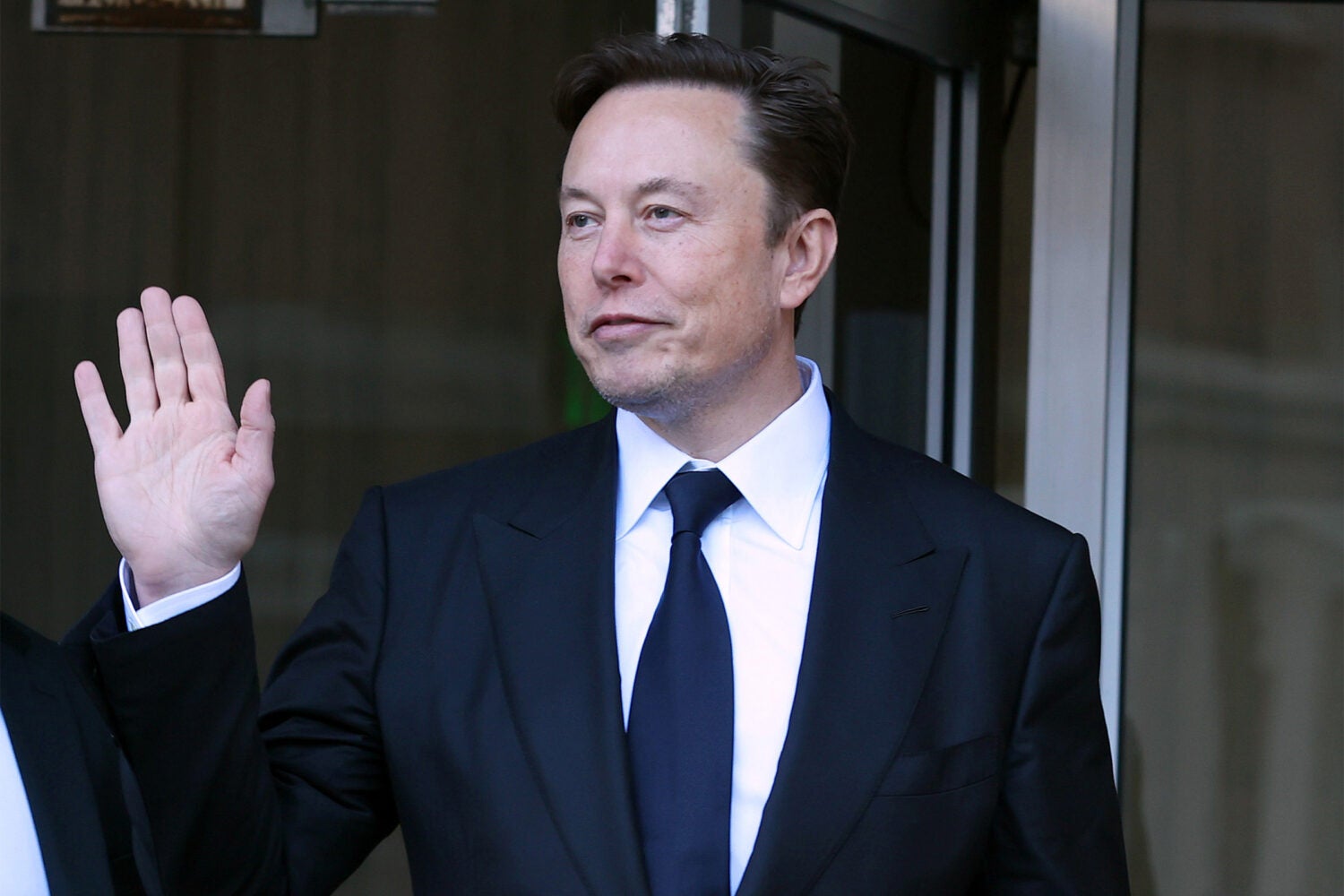
In a move poised to redefine the modern internet economy, Tesla and SpaceX CEO Elon Musk has confirmed that his social media platform X, formerly known as Twitter, is preparing to launch a new payments feature called X Money. The news, which was shared on Sunday through Musk’s direct interaction with followers on the platform, has already stirred massive speculation in both tech and financial circles about the real ambitions behind Musk’s digital empire.
With the rollout of this service, Musk isn’t just building another peer-to-peer payment tool—he’s laying the foundation for a super-app meant to rival the likes of Facebook and potentially dominate the digital landscape altogether.
The billionaire, often hailed as a modern-day Edison and equally reviled as a disruptive contrarian, revealed that the beta release of X Money will be limited to a small number of users at the outset. This caution, he explained, stems from the sensitive nature of handling people’s financial data and savings.
“When people’s saving [sic] are involved, extreme care must be taken,” Musk wrote, emphasizing a rare moment of restraint in a career typically marked by bold risks and rapid rollouts.

Though this might sound like yet another entry in an already saturated fintech space, Musk’s ambitions for X Money are far more comprehensive. The service is not merely a tool to send and receive money between users, but the latest step in his long-gestating vision to transform X into a universal “everything app”—an idea borrowed from the Chinese super-app WeChat, which combines messaging, social media, online payments, and e-commerce into a single platform.
It’s a vision that seeks not only to challenge but possibly to render obsolete existing giants such as Facebook, Instagram, Venmo, and even PayPal.
Hints of X Money have been floating around since the beginning of the year. In January, X CEO Linda Yaccarino publicly confirmed that the service would be launched later in 2025 in partnership with global payment giant Visa. The aim is to allow users to link their debit cards to their X accounts, enabling them to carry out direct peer-to-peer transactions through the app.
Visa’s role will be critical in bridging the gap between conventional banking infrastructure and Musk’s grander ambitions, essentially converting the platform into a fully functional digital wallet.

It’s a partnership that offers mutual benefits. For X, it provides legitimacy and scale. For Visa, it’s a chance to align with one of the most high-profile platforms in the world and gain a foothold in the rapidly evolving social-payment ecosystem. Together, they could create a financial tool powerful enough to rival Venmo, Cash App, and even elements of Apple Pay and Google Pay.
The implications of this move are significant. Musk’s broader goal appears to be the consolidation of communication, commerce, and banking within one ecosystem—an approach that could fundamentally reshape how people interact online. Imagine a world where users can not only post tweets and watch videos on X but also send money to friends, pay for subscriptions, buy merchandise, or tip creators—all without leaving the app.
This level of integration could trigger a paradigm shift that changes consumer behavior, especially among younger demographics already accustomed to living much of their lives within digital platforms.
It’s a strategy that directly threatens Meta Platforms, the parent company of Facebook and Instagram. While Meta has attempted for years to integrate payments into its messaging apps—most notably through Facebook Pay and WhatsApp Pay—it has yet to find significant traction in the U.S. Musk’s X Money could change that equation overnight if it manages to offer a more seamless, culturally resonant, and Musk-branded alternative.

Unlike Meta, which is often seen as bureaucratic and slow-moving, Musk brings an aura of innovation, daring, and ideological defiance that continues to captivate millions, particularly in tech-savvy and politically conservative circles.
But the launch of X Money is not without controversy or risk. For one, Musk’s personal political affiliations—particularly his increasingly visible alliance with President Donald Trump—may complicate regulatory approvals or public perception of the service.
Musk is currently an informal advisor to the Trump administration, and his influence spans everything from space policy to energy independence. By entering the payments space, Musk is also entering a battlefield that is closely watched by federal regulators concerned with financial privacy, anti-money laundering measures, and monopolistic practices.
Moreover, while there has been much speculation that X would eventually embrace cryptocurrency as part of its financial features—especially given Musk’s long-standing love for Dogecoin—his most recent comments make no mention of crypto integration. This represents a strategic pivot from earlier rhetoric.
Musk has previously joked that Dogecoin, a meme-based cryptocurrency, is “the people’s coin” and has praised its humor and light-hearted community. However, his remarks on Sunday suggest a more conservative and fiat-oriented approach to financial services, at least for the time being. This shift could either calm regulators or disappoint crypto enthusiasts who had hoped for more direct crypto functionality within the app.

The rollout of X Money also marks another chapter in Musk’s broader effort to revamp and monetize X itself, which has undergone significant changes since his $44 billion acquisition of Twitter in 2022. That purchase, widely regarded as one of the most controversial in recent tech history, has resulted in a chaotic restructuring of the platform.
Mass layoffs, feature changes, and content moderation debates have all contributed to a new identity for X—one that is simultaneously freer in speech and more aggressive in commercial experimentation.
This transformation has not come without cost. Advertisers have fled, monthly active user counts have fluctuated, and critics have questioned whether Musk’s ideological commitments are harming the platform’s global appeal. Still, X Money could be the missing puzzle piece that turns the platform from a political battlefield into a viable tech powerhouse. It offers a new revenue stream, a reason for users to remain logged in, and an opportunity to turn X into a fully immersive digital economy.
Beyond payments, insiders speculate that X Money could open the door to new business models. Creator tipping, digital goods, subscription-based access, and even Musk’s long-hinted plans for job boards and dating features could all be monetized through the same wallet.
And for small businesses or influencers looking to operate entirely within the X ecosystem, the arrival of an integrated financial tool is a game-changer.
:max_bytes(150000):strip_icc()/GettyImages-2194086198-c7ff4745afa44fd39208e95067d79699.jpg)
The potential success of X Money will ultimately depend on several factors: the speed and quality of the rollout, the robustness of its security infrastructure, the willingness of users to trust Musk with their money, and how effectively the platform can fend off competition from Meta, PayPal, Apple, and Google. But one thing is certain: Elon Musk is not just trying to build a better payment app—he’s attempting to rewrite the rules of how people live online.
In the coming months, all eyes will be on the limited beta of X Money and the feedback it receives from early adopters. If successful, the service could catapult X into an entirely new stratosphere of influence, turning a once flailing social media platform into a financial and technological juggernaut.
In classic Musk fashion, the future is being built in full view of the public, in real-time, with as much risk as there is promise.
And if it works, Facebook and the rest of Big Tech may soon find themselves chasing a vision of the future that Musk is already living.
-1747734794-q80.webp)
-1747904625-q80.webp)
-1747623652-q80.webp)
-1742653910-q80.webp)